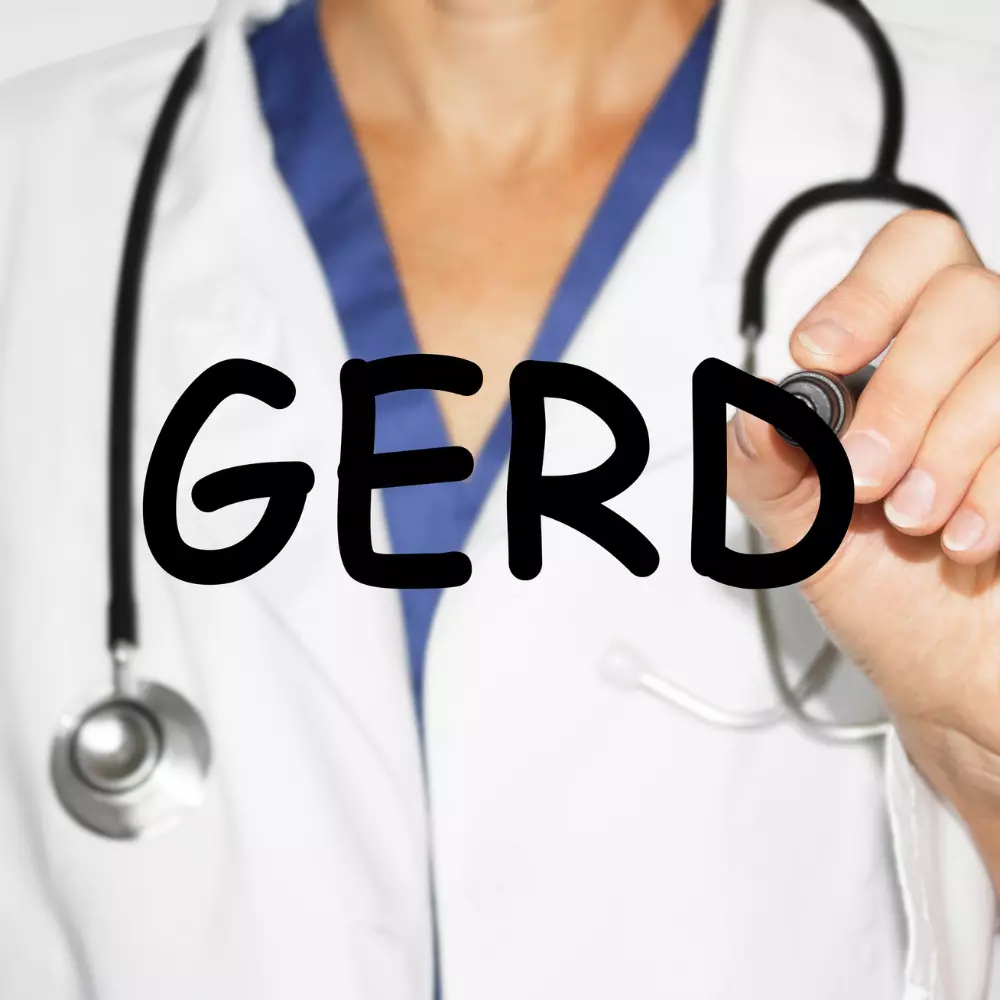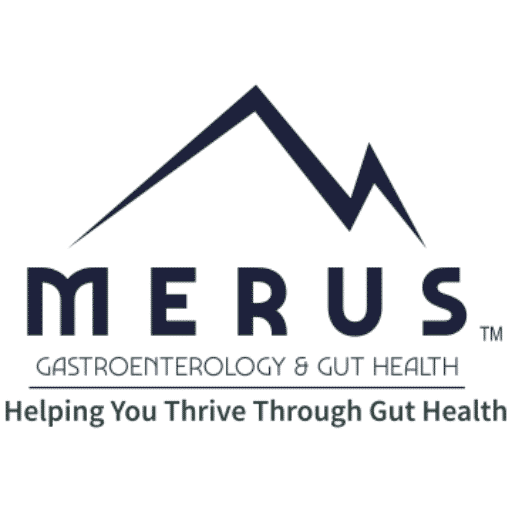Gastroesophageal reflux disease (GERD) is a common digestive disorder that affects millions of people worldwide. Understanding the basics of GERD, its symptoms, causes, and treatment options is crucial for managing the condition effectively. At Merus Gastro, your trusted gastroenterologist in Arbor Trace, GA, we are dedicated to providing you with the information and care you need to manage GERD and maintain your digestive health.
What is GERD?
GERD occurs when stomach acid frequently flows back into the tube connecting your mouth and stomach (esophagus). This backwash (acid reflux) can irritate the lining of your esophagus and cause discomfort. While occasional acid reflux is common, GERD is a more severe and chronic condition that requires medical attention.
Symptoms of GERD
GERD can present a variety of symptoms, some of which can significantly impact your quality of life. Common symptoms include:
- Heartburn: A burning sensation in the chest, often after eating, which might be worse at night.
- Regurgitation: A sour or bitter-tasting acid backing up into your throat or mouth.
- Difficulty Swallowing: A feeling of food being stuck in the throat or chest.
- Chest Pain: Sometimes mistaken for heart-related pain, this can be severe and alarming.
- Chronic Cough: A persistent cough that is not linked to respiratory issues.
- Laryngitis: Inflammation of the voice box causing hoarseness.
- Asthma Symptoms: GERD can exacerbate asthma or mimic asthma symptoms.
Causes of GERD
Several factors can contribute to the development of GERD. Understanding these can help in managing and potentially reducing symptoms:
- Lower Esophageal Sphincter (LES) Dysfunction: The LES is a ring of muscle that acts as a valve between the esophagus and stomach. If it relaxes abnormally or weakens, stomach acid can flow back into the esophagus.
- Hiatal Hernia: This occurs when the upper part of the stomach pushes through the diaphragm into the chest cavity, disrupting the normal functioning of the LES.
- Obesity: Excess body weight can put pressure on the abdomen, pushing up the stomach and causing acid to reflux into the esophagus.
- Diet and Lifestyle: Consuming large meals, lying down after eating, eating fatty or fried foods, drinking alcohol, smoking, and consuming caffeine can all contribute to GERD.
- Pregnancy: Hormonal changes and increased pressure on the abdomen can cause GERD during pregnancy.
Diagnosing GERD
If you experience frequent or severe symptoms, it’s essential to seek medical advice. A gastroenterologist in Arbor Trace, GA, like those at Merus Gastro, can diagnose GERD through several methods:
- Medical History and Physical Exam: Discussing your symptoms and medical history with your doctor.
- Endoscopy: A procedure where a flexible tube with a light and camera (endoscope) is inserted down your throat to examine the esophagus and stomach.
- Ambulatory Acid (pH) Probe Test: A monitor is placed in your esophagus to identify when and for how long stomach acid regurgitates there.
- Esophageal Manometry: This test measures the rhythmic muscle contractions of your esophagus when you swallow.
Treatment Options for GERD
Managing GERD typically involves a combination of lifestyle changes, medications, and sometimes surgery. Here are the primary treatment options:
Lifestyle and Dietary Changes:
- Weight Management: Losing weight if overweight or obese.
- Diet Modifications: Avoiding trigger foods such as spicy, fatty, or acidic foods, as well as caffeine and alcohol.
- Eating Habits: Eating smaller meals, not lying down immediately after eating, and elevating the head of the bed.
- Quit Smoking: Smoking cessation can improve LES function and reduce symptoms.
Medications:
- Antacids: Over-the-counter medications that neutralize stomach acid.
- H2 Blockers: Medications that reduce acid production.
- Proton Pump Inhibitors (PPIs): More potent acid blockers that allow time for damaged esophageal tissue to heal.
- Prokinetics: Medications that help strengthen the LES and make the stomach empty faster.
Surgical Options:
- Fundoplication: The top of the stomach is wrapped around the LES to strengthen it and prevent reflux.
- LINX Device: A ring of magnetic beads is placed around the junction of the stomach and esophagus to strengthen the LES.
When to See a Gastroenterologist
If you experience frequent heartburn, regurgitation, or any other GERD symptoms that interfere with your daily life, it’s important to consult a gastroenterologist. Persistent GERD can lead to complications such as esophagitis (inflammation of the esophagus), esophageal stricture (narrowing of the esophagus), Barrett’s esophagus (precancerous changes), and an increased risk of esophageal cancer.
Conclusion
GERD is a manageable condition with the right combination of lifestyle changes, medication, and medical care. Understanding the basics of GERD, from its symptoms and causes to diagnosis and treatment options, is the first step in managing this condition effectively.
At Merus Gastro, we are committed to helping you achieve better digestive health. As your trusted gastroenterologist in Arbor Trace, GA, we provide comprehensive care and personalized treatment plans to manage GERD and improve your quality of life.
Contact Us
If you’re experiencing symptoms of GERD, don’t wait to seek help. Contact Merus Gastro today to schedule a consultation with our experienced gastroenterologists. Let us help you take control of your digestive health and live comfortably.









